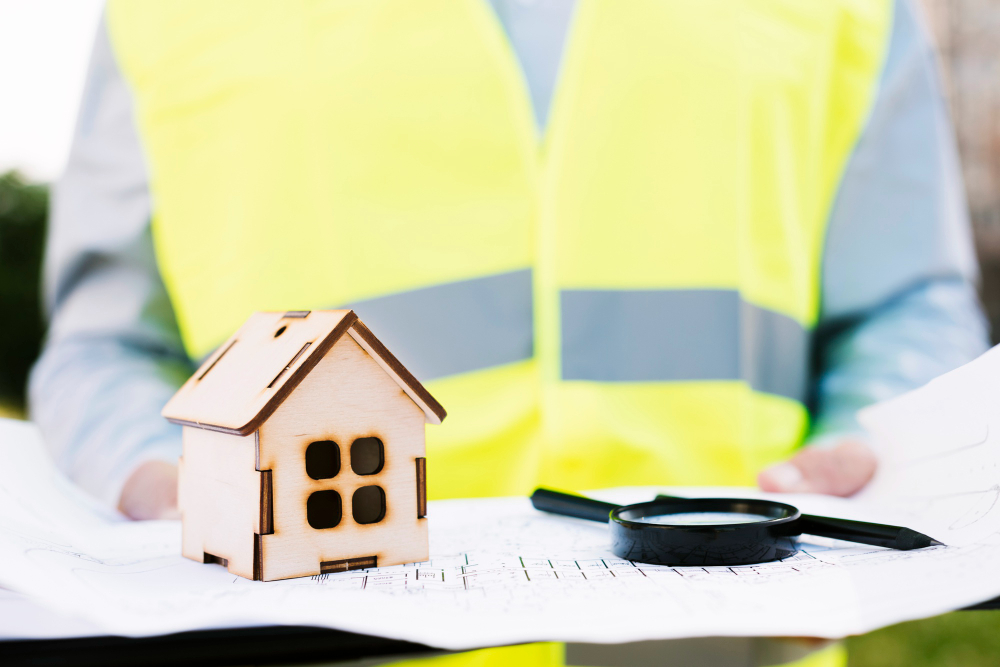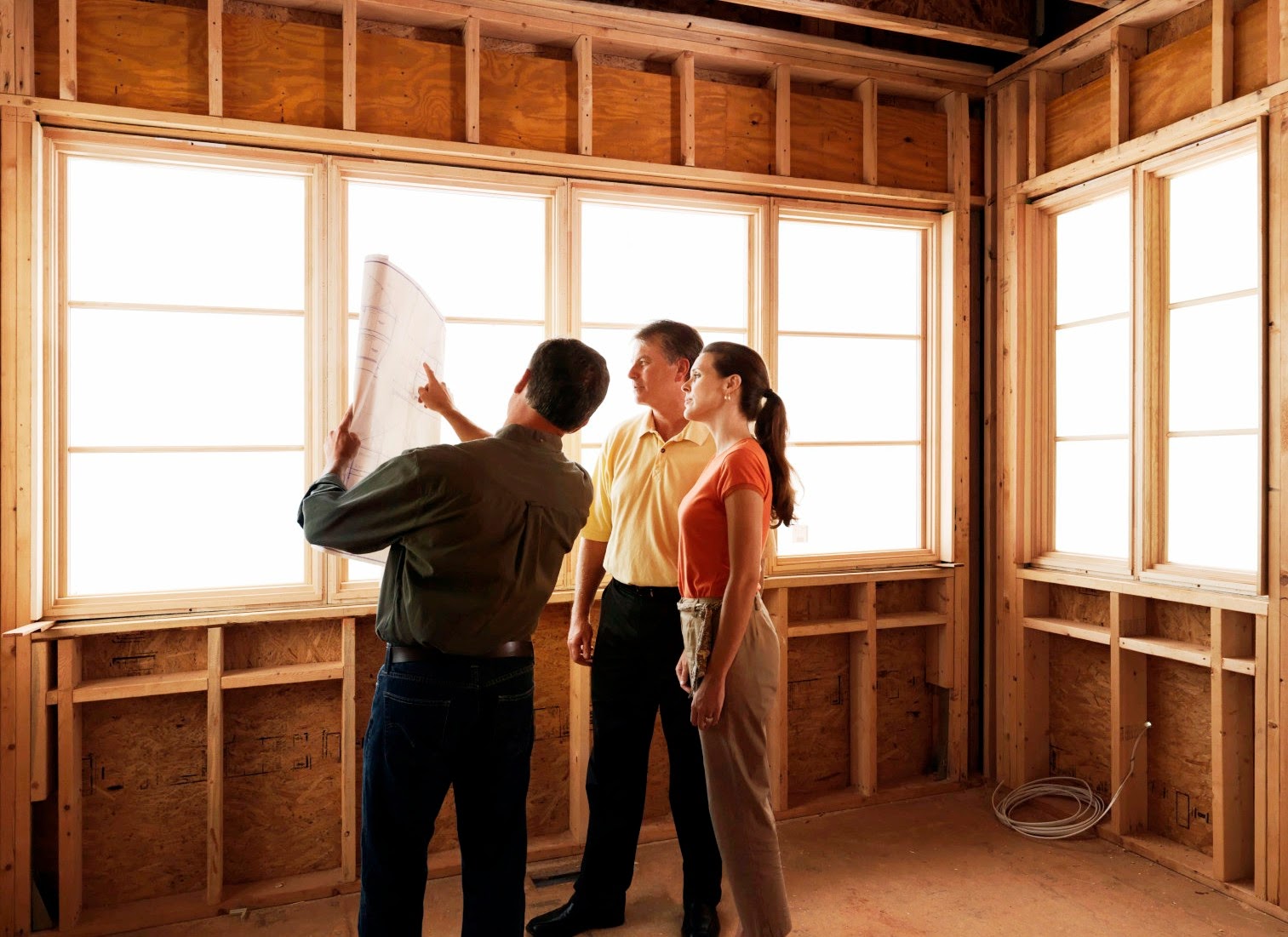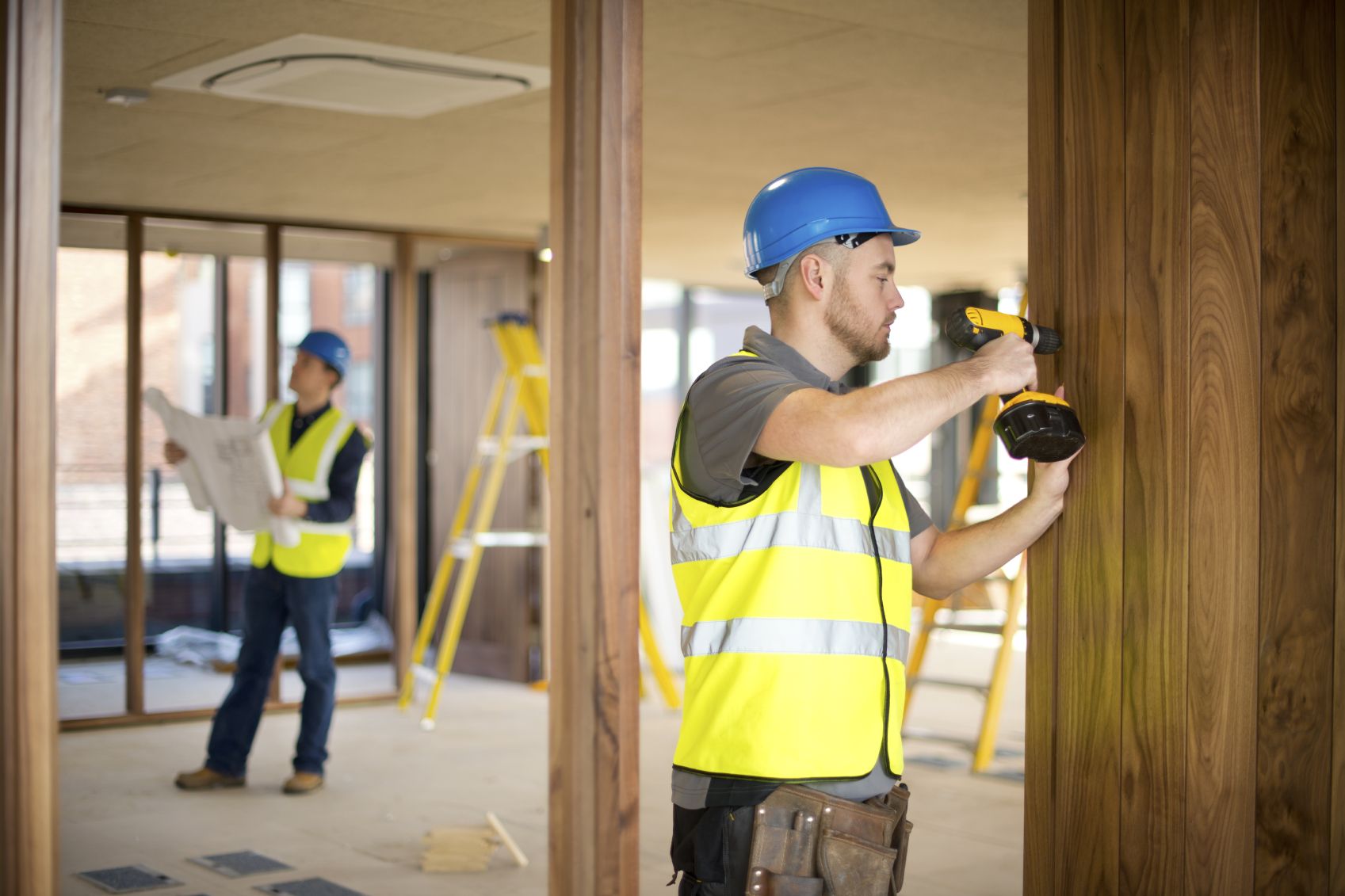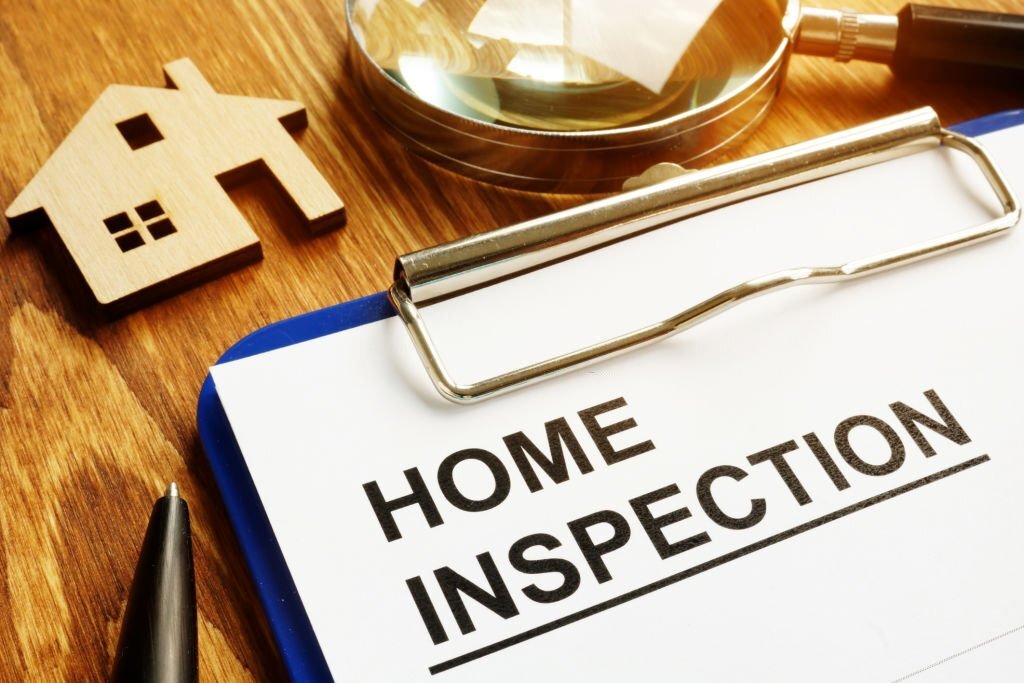Why Home Insurance Inspections Are Crucial for Your Peace of Mind

Having home insurance Inspections provides an invaluable sense of security and protection. If something unexpected happens like a fire, flood, or theft, you can rely on your policy to help cover repairs and replacements. But there’s more to home insurance than just having a policy. Getting periodic home insurance inspections can optimize your coverage, save you money, and give you greater peace of mind.
The Benefits of Regular Home Inspections
There are a few key benefits to getting home insurance inspections on a regular basis:
Identify Risks and Hazards
During a home inspection, the inspector will thoroughly examine both the interior and exterior of your home. They will look for any issues or hazards that could potentially lead to an insurance claim, such as:
- Faulty electrical wiring
- Leaky plumbing
- Old/damaged roof
- Fire hazards
- Risk of flooding
- Physical security concerns
By identifying these risks ahead of time, you can take steps to mitigate them before they turn into a costly insurance claim. This prevents headaches down the road.
Ensure Adequate Coverage
Over time, you may renovate your home or acquire additional possessions without updating your policy. A home inspection verifies that your coverage limits adequately match the current rebuild cost of your home and the value of belongings.
If the inspection reveals areas where you’re underinsured, you can request higher coverage limits from your provider. This guarantees you’ll have enough to fully repair, rebuild, or replace your property without coming out of pocket in the event of a total-loss incident.
Discover Unseen Damage
Even if you stay on top of home maintenance, some damage can go undetected. For instance, a tiny roof leak can lead to concealed water damage in walls and ceilings over time. An inspector has the expertise to spot issues that regular homeowners might not notice.
Finding these hidden problems allows you to fix them before the damage worsens. You avoid substantial destruction that can be extremely expensive to restore.
Lower Premiums
Insurers reward proactive policyholders who get periodic inspections. When you demonstrate that you’re minimizing risks and keeping your home well-maintained, you may qualify for discounts on your premiums. This puts money back in your pocket.
Renew with Confidence
An inspection gives you an accurate picture of your home’s current condition, so you can renew your policy knowing your asset is properly covered. You don’t have to stress about whether your coverage limits are sufficient or if you might get blindsided by undisclosed property damage.
How Often to Get Home Insurance Inspections
Most experts recommend getting a professional home inspection every 2-3 years. However, there are some situations where more frequent inspections may be prudent:
- If you live in an area prone to natural disasters like wildfires, hurricanes, or tornadoes, consider inspecting annually. This verifies your home’s ability to withstand storms and identifies any new vulnerabilities.
- After major renovations or repairs, get a follow-up inspection to ensure the work was completed properly.
- If you own an older home, inspect every 1-2 years to catch age-related maintenance issues early.
- When renewing your policy, get a new inspection report to provide updated details to your insurance company.
Of course, you don’t need to wait for an official inspection to spot minor hazards around your home. Doing periodic walkthroughs yourself to look for potential problems is always wise. But a professional inspection provides an extra level of scrutiny.
What Does a Home Insurance Inspection Involve?
Home insurance inspection are very thorough. The process typically includes:
Interior Examination
- Evaluating ceilings, walls, and floors for signs of water damage, cracks, sagging, etc.
- Testing sinks, tubs, showers, and toilets for leaks.
- Assessing kitchen and bathroom cabinets for moisture and mold.
- Checking for hazardous electrical issues like exposed wires, overloaded circuits, or faulty outlets.
- Identifying potential fire hazards such as faulty wiring, oily rags, cluttered conditions, and more.
- Inspecting smoke detectors, fire extinguishers, carbon monoxide detectors.
Exterior Examination
- Evaluating the roof, foundation, siding/brickwork, windows, and doors for noticeable damage.
- Looking for exterior water leaks and drainage issues.
- Inspecting attached structures like garages, sheds, and porches.
- Assessing the overall exterior condition and any observations that may impact home insurance.
Review Property Features / Renovations
- Confirming renovated additions like a swimming pool or finished basement match documentation provided to the insurance company.
- Verifying expensive specialty features like crown molding, jacuzzi tubs, high-end appliances, hardwood floors, etc.
Check Security Systems
- Testing all home security systems including alarms, cameras, lighting, locks, etc.
- Making sure all components are properly functioning.
Document with Photos/Video
Quality inspectors will carefully document their findings with copious notes, photos, and videos. This creates a thorough record of the home’s current status. They may even use infrared cameras to uncover “invisible” moisture issues.
Recommend Repairs
The inspector will present you with a detailed report indicating any trouble areas, maintenance needs, or recommendations for repairs. They’ll outline both minor and major issues found during the inspection.
Questions to Ask Your Home Inspector
When booking a home insurance inspection, ask these questions upfront to ensure you get a high-quality evaluation:
- Are you accredited with a reputable home inspection organization? Look for affiliations like ASHI, InterNACHI, or The International Code Council.
- Do you carry errors and omissions insurance as well as general liability insurance? This protects you if the inspector misses something important.
- What systems, areas, and components will you inspect? A good inspector will examine all interior and exterior features.
- What type of report do you provide once the inspection is complete? Ask for a written report with photos of any notable issues.
- Do you use infrared cameras or other advanced diagnostic tools? This allows the inspector to find hidden moisture and electrical issues.
- How long will the inspection take? Approximately 2-3 hours is standard for a single family home.
- Do you provide any repairs, upgrades, or recommendations? Quality inspectors share helpful fix-it guidance.
- What is your experience inspecting homes in this neighborhood? Local expertise is valuable.
- Can I accompany you during the inspection? Joining allows you to ask real-time questions.
Partner with Your Insurance Agent
Your insurance agent or broker should be part of the home inspection process too. Here’s how to involve them:
- Inform them you’re getting a home inspection and find out if they require a copy of the report. Most will want this for their records.
- Ask if they recommend certain qualified home inspectors in your area. They may have inspector partners.
- Send your agent the full inspection report once complete. This keeps them in the loop on the home’s status.
- Discuss any substantial recommended repairs with your agent. They can confirm which items are most crucial for minimizing property risks.
- If the inspection reveals areas where your coverage should increase, your agent can walk through the options.
Staying in open communication with your insurance professional ensures the inspection results translate into proper policy enhancements.
Don’t Neglect this Valuable Process
It’s understandable to feel hesitant about the cost and effort of getting a home inspection. But given the financial protection and peace of mind it delivers, it’s more than worth it in the long run. The small upfront investment can potentially save you thousands by avoiding nasty insurance claim surprises.
Having current documentation of your home’s condition also streamlines the claims process if a loss does occur. Your insurer will have recent evidence confirming the extent of damage versus pre-existing issues.
So make home insurance inspections a priority. When it comes to safeguarding your most valuable asset, home inspections provide crucial benefits that keep your mind at ease.



